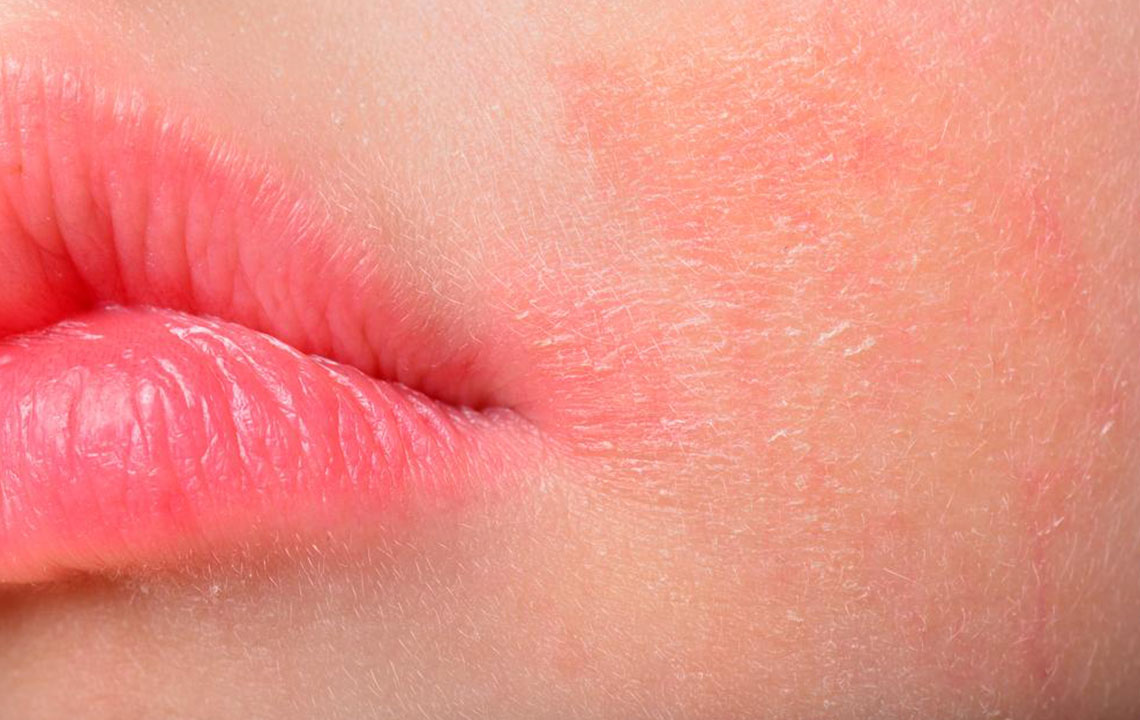Top Strategies for Managing Atopic Dermatitis
Discover comprehensive strategies to manage atopic dermatitis effectively. From moisturizing routines and trigger avoidance to advanced treatments prescribed by dermatologists, this guide helps sufferers control symptoms and improve skin health. Always consult healthcare professionals for personalized advice and effective management plans.

Top Strategies for Managing Atopic Dermatitis
Effective Approaches to Control Atopic Dermatitis
Atopic dermatitis, commonly called eczema, is a widespread skin condition characterized by itching, dryness, redness, and cracking. While it most often affects young children, sometimes developing before age one, adults can also experience this persistent condition. Though it tends to be chronic, many children see symptoms lessen or disappear over time as they grow older.
Ways to Alleviate Symptoms
While there is no cure for eczema, various treatments can help manage symptoms. Many children find their condition improves naturally with age.
Primary treatments focus on symptom relief:
Moisturizers or emollients used daily to keep skin hydrated and prevent dryness
Topical steroids like ointments and creams to reduce redness and swelling during flare-ups
Additional options include:
Calcineurin inhibitors such as tacrolimus or pimecrolimus for sensitive skin areas
Antihistamines to control intense itching
Specialized clothing or bandages that promote healing
Powerful medications prescribed by dermatology specialists
Minimize Skin Damage by Preventing Itching
Itching often leads to scratching, which worsens skin damage and increases infection risks. Affected skin can become thick, leathery, and prone to bleeding and scars. Wearing light, breathable clothing and avoiding scratching—with gentle rubbing instead—can help. Keeping nails short and clean also reduces unintentional skin injury.
Identify and Avoid Triggers
Consult your healthcare provider to identify personal triggers. Common causes include irritating fabrics, excessive heat, and harsh soaps or detergents. Using soft, natural fabrics like cotton, regulating room temperature, and choosing gentle cleaning products can minimize flare-ups.
Diet Modifications
Certain foods, such as eggs and dairy, may worsen eczema. Always discuss dietary changes with your doctor before making adjustments, especially if food allergies are suspected. A dietitian can help balance nutrition while avoiding allergens.
Managing eczema often involves a team of healthcare providers, including dermatologists, immunologists, or pediatricians. Breastfeeding mothers should seek medical advice before modifying their diet during their child's treatment.
Use of Moisturizers
Applying emollients directly to the skin helps lock in moisture, soothe dryness, and reduce flare-ups. These treatments work by creating a protective barrier, minimizing water loss, and alleviating inflammation. Your doctor might recommend using a combination of ointments, lotions, or creams suitable for different skin areas. Early consultation is essential if symptoms appear.








